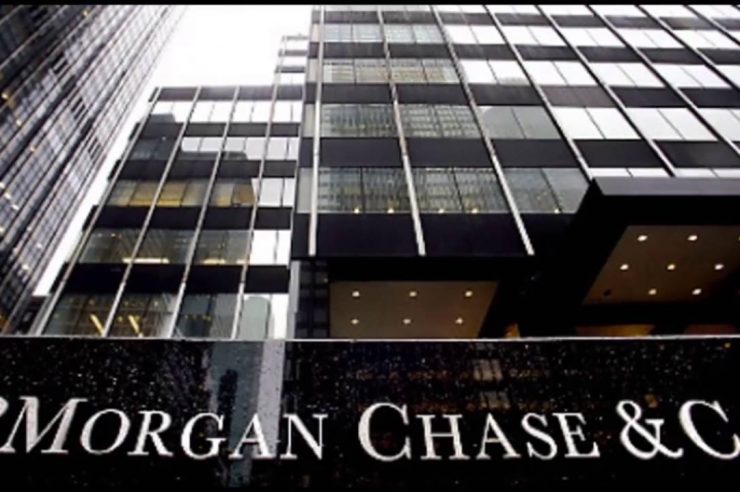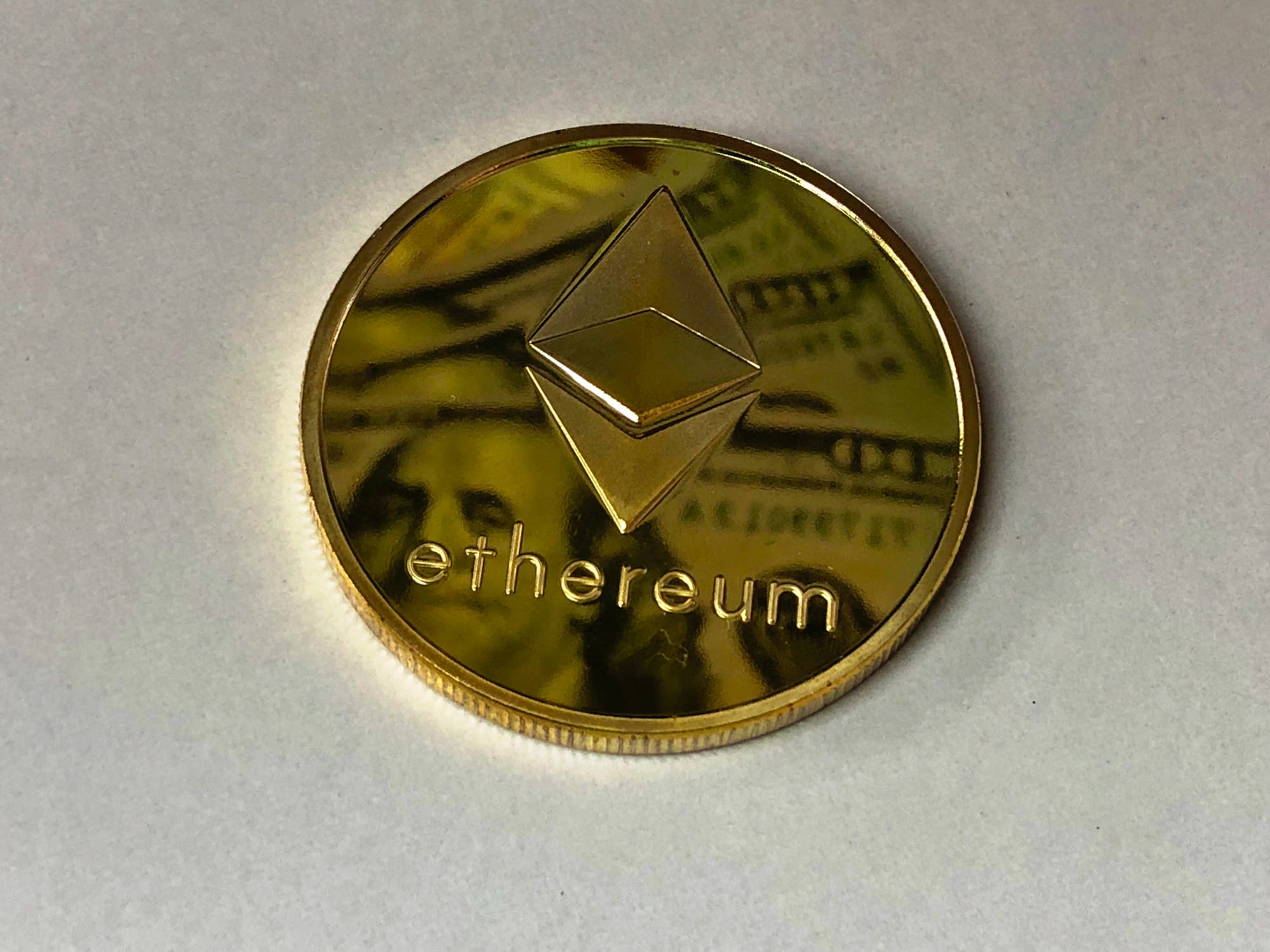Welcome to our crypto round-up. This Monday we will focus on some of the most interesting developments from around the world of cryptocurrencies. Ready to really enjoy yourself and find out what Brussels and JP Morgan are planning in relation to the future of blockchain and cryptocurrency?
Here comes the Monday roundup with CryptoWarn.
Enter Brussels – Regulated Blockchain
On Thursday, February 14, the Belgium introduced a new piece of legislation intended at regulation the most contentious technology of recent years – blockchain. Blockchain stands to benefit all industries known to man immensely.
From building cohesive connections between various businesses to allowing different participants to really excel by boosting the overall production and efficiency, Blockchain is definitely the future.
Nevertheless, this future needs to be regulated, Brussels believes and it’s right in doing so. As independent as Blockchain can be, government control is not necessarily evil and it should be encouraged as well.
A New Bill to Ponder
The New Bill introduced in Brussels is definitely quite the catch. Entitled Bill 7364, the document wants to focus on a few key tenets, including:
- Providing financial market participants with legal certainty for the circulation of securities via blockchain technology;
- Transferring of securities more efficient by reducing the number of intermediaries.
Both of these concepts are quite welcome. Alright then, what’s missing? Ah, yes – actually registering the securities. The amendment had the following piece of text integrated in itself:
Account-keeper may hold securities accounts and make registrations of securities in securities accounts within or through secure electronic registration devices, including distributed electronic registers or databases. Successive transfers recorded in such a secure electronic registration device are considered like transfers between securities accounts.
Holding of securities accounts within such a device secure electronic registration or registration of securities in securities accounts through such a secure electronic recording device do not affect the fungible nature of the securities concerned.
Even though crypto securities are a new form of securities described as “dematerialized securities”, they are still very much bound to the same rules that govern most traditional securities.
The community has been largely excited at the recent developments, successfully capturing this in the following statement put forth by Lhoft CEO Nasir Zubairi:
Though some would suggest that existing regulation was adequate, this new rule is welcomed in that it provides clarity on the settlement of securities by blockchain, removing ambiguity for Fintech firms and traditional institutions who are looking at Blockchain/DLT technologies as a means for reducing cost and optimising securities processes.
JP Morgan Is Jumping on the Crypto Wagon with Own Currency?
Exciting as the developments in Brussels and the region can be, they pale in comparison with JP Morgan’s own plans to roll out a cryptocurrency. Let’s refresh your memory – JP Morgan has been one of the corporations in the wide world of ours that has repeated – time and again, that Bitcoin is a scam.
Now, the fact that JP Morgan is entering the crypto game in full doesn’t mean that anything in the stance of the company’s CEO, Jamie Morgan, has changed. Not in the slightest, but apparently JP Morgan have seen something useful in this, it must signal others that the tech is not dead.
What’s JP Morgan to Do with Cryptocurrencies?
There’s going to be no mystery here so you can relax! JP Morgan’s Head of Blockchain Umar Farooq has spoken to CNBC outlining three distinct uses of the future use of the JP Morgan Coin.
Cross-Border Payments
It all starts with the idea of cross-border payments. Well, JP Morgan really likes the idea of payment being done instantly which will have immense implications for business boosting overall production, efficiency and performance.
Money will move quicker reaching their intended destinations and providing everyone in the business chain with all the necessary means to really push their business.
So, will SWIFT eventually die and be replaced? Very possibly. Will that happen soon? It solely depends on your definition of soon.
Wire Transfers Are Next
Forget Wire Transfers, because JP Morgan are truly stepping up their game to make sure that Wire Transfers are becoming really quick, and especially more so with JP Morgan’s ambitious Quorum Blockchain initiative.
This method would allow millions to be moved around the world via Wire Transfers without fees and at the blink of an eye. This is crazy but JP Morgan do want to make it a very real possibility for their customers.
Consolidation and Better Returns
Lastly, this new way of dealing with money would allow JP Morgan to truly excel when it comes to consolidating business money.
Companies hold quite a bit of capital overseas and it’s often difficult to manage it. Transferring money back and forth generates significant losses, too, so companies may choose to stash it overseas instead lest it’s devalued during transfers.
With this in mind, JP Morgan now wants to offer the obvious solution here. By converting money into their new token, companies will have all their money at the same place in no time.
This is a brilliant idea and here’s what JP Morgan think about it:
Money sloshes back and forth all over the world in a large enterprise. Is there a way to ensure that a subsidiary can represent cash on the balance sheet without having to actually wire it to the unit? That way, they can consolidate their money and probably get better rates for it.
Why Will JP Morgan’s Token Work?
There are quite a few reasons to believe that this stratagem will pen quite nicely out. For starters, JP Morgan is a respected financial giant and an outspoken critic of crypto. Their reversal means that they must have very good reasons to do so.
There are quite a few reasons to believe that this stratagem will pen quite nicely out. For starters, JP Morgan is a respected financial giant and an outspoken critic of crypto. Their reversal means that they must have very good reasons to do so.
Beyond that, JP Morgan’s ideas will do something that no other crypto company can – win public trust and consolidate everything in the same hands. Here’re some of the advantages:
- All money converted in the same crypto token
- Trustworthy organization overseeing this new economy
- High amount of trust
- Top-notch security
- Massive involvement
These and more reasons for are all indicatory of how much the world is willing to put their trust in crypto.
But isn’t that actually defeating the purpose? After all, cryptocurrencies were supposed to be free and uncontrolled. Turns out the only way to actually trust any crypto is to make sure that a respected central body is governing it.
True, it may not be a bank, but in this case it’s a corporation – which makes it even “weirder”.
Not So Weird Actually
Then again, it’s not really that bizarre to see what’s happening here. The main idea was to avoid was to avoid governmental oversight. By giving JP Morgan control over all funds that’s precisely what’s happening.
Given the choice between a corporation and government, the corporations are choosing their own. This is not just grouping up of cronies, though.
JP Morgan commands significant respect and it’s understandable why they would be a preferred first choice when it comes to launching a cryptocurrency backed by the world order of companies and conglomerates. There’s no shame in trusting the proven experts either.
Final Thoughts
While the world of crypto and blockchain has been dominated by controversy, the latest arrival of JP Morgan can have a very revitalizing effect.
The giant knows that it has to represent the interest of the financial system globally while pertaining to the best technological advancements. Incidentally, one of these advancements is blockchain and cryptocurrencies.
With this in mind, JP Morgan’s gung-ho stance on all that has happened in the past few years has been well-argued. Then again, even sceptics such as Jamie Morgan have been unable to turn a blind eye at what appears to be one of the biggest breakthroughs in the history of finances.
We can’t wait to see what happens next. How about you?



Comments (No)